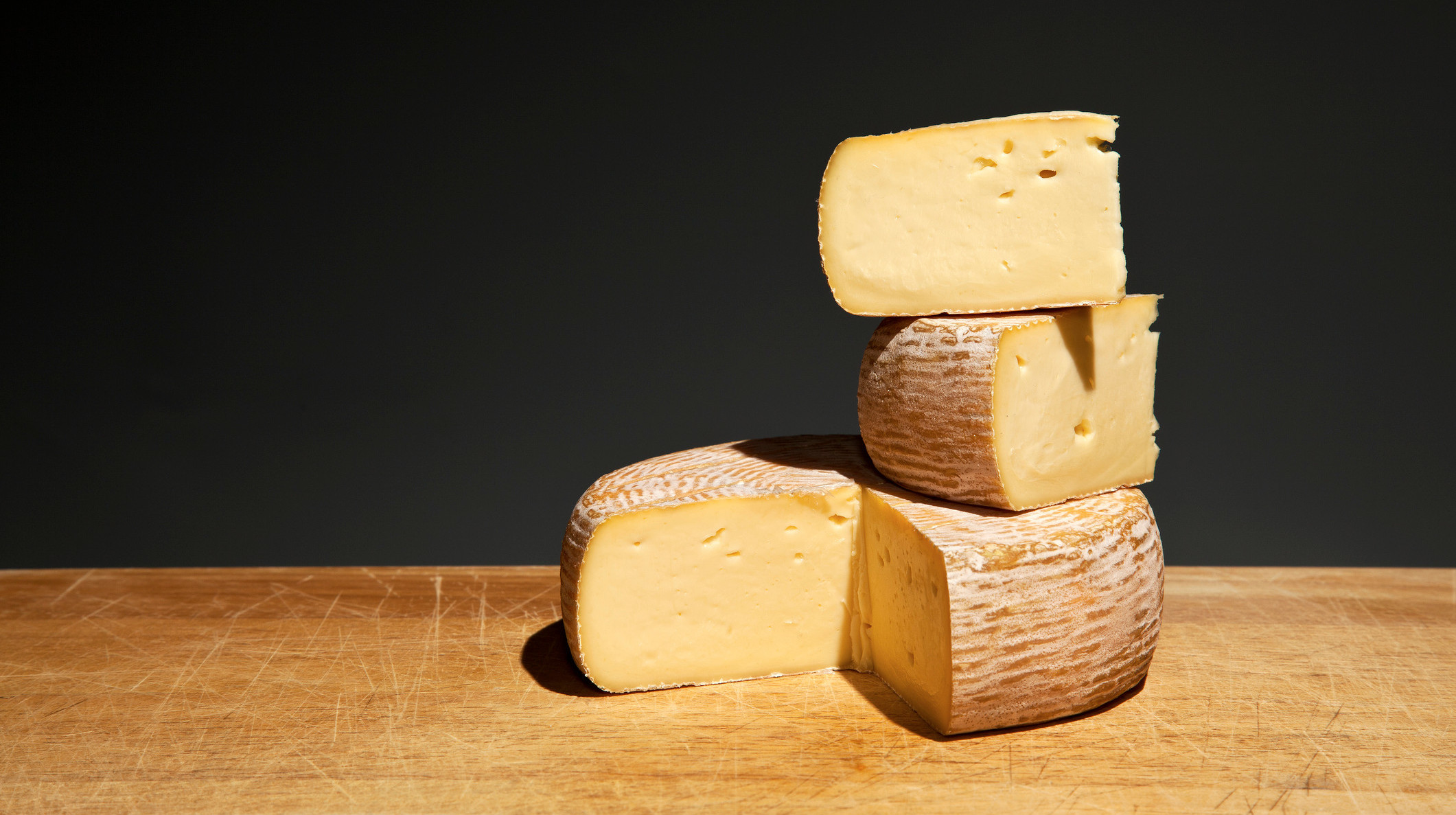What Happens To Our Favorite Foods When The People Who Make Them Die?
When we think about the death of someone who prepares our food, it's likely to be on a personal level. We wonder whether their store or restaurant might close, what will happen to their family and employees, and how things might carry on in their absence. What we likely don't ask ourselves, though, is this: What happens to food traditions when the people who perpetuated them are all gone?
In a piece for The New Yorker, Ruby Tandoh, a British author, journalist, baker, and former model, writes about the life and death of Mary Holbrook, an English farmer and cheesemaker known for both her incredible farmhouse-style cheeses and her harsh, unforgiving training style. Holbrook died in February 2019, and she had no children, no protegees, and nobody in a position to take over her work. Her death effectively erased the varieties of cheese she had made famous. As written by Tandoh:
"By July of that year, the farm ceased production, and Holbrook's cheeses—Old Ford, Cardo, Sleightlett, and Tymsboro—slipped out of the living tradition and into the pages of history. A cheese is just one small piece of the world—one lump of microbe-riddled milk curds—but each is an end point of centuries of tradition. Some disappear for months or years; others never return. The cheesemonger and writer Ned Palmer told me that, when a cheese is lost, "Your grief reaches back into the past—into decades and centuries and millennia of culture. You feel all of that."
While Holbrook is the centerpiece of Tandoh's story, what makes the essay shine isn't merely the way the author describes a complicated artisan who was respected, beloved, and a bit feared by the people whom she taught to make cheese. Tandoh discusses how the food traditions we might take for granted are far more fragile than we realize. Traditional cooking, particularly on a local level, is often tied to agriculture, and neither are a particularly viable career these days. Tandoh's narrative directly examines what happens when there simply isn't anyone willing or able to carry on old food traditions, and about how the loss of agriculture can also mean the loss of those foods. And while it's true that old, lost styles can be resurrected, it can be challenging (if not nearly impossible) to recreate something when you don't know what it actually used to look, taste, feel, and smell like.
"How a Cheese Goes Extinct" is a thoroughly researched, insightful examination of both the "white-haired maestro in the British cheesemaking world" Mary Holbrook and the tenuous nature of food traditions. It's worth your time to read the whole thing, and to consider which foods you would mourn should they disappear one day.
